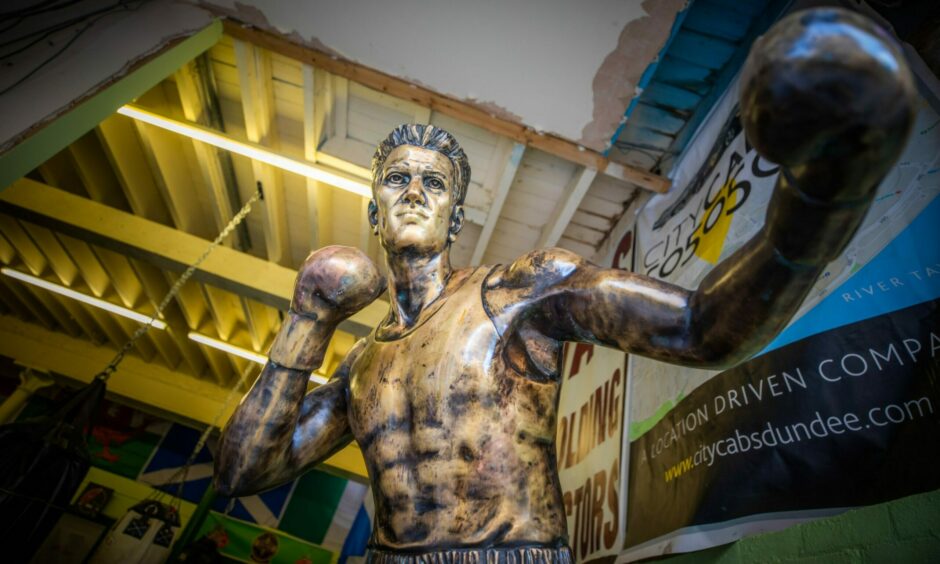
Dundee’s lord of the ring — ‘Dandy’ Dick McTaggart — became a double Olympic medallist with bronze in Rome exactly 63 years ago.
It followed his Olympic gold and Val Barker Trophy win for being the most stylish boxer at the Melbourne Olympics four years previously, in 1956.
So it is, perhaps, fitting that his bronze statue has just been cleaned up and now has pride of place at the new Dundee St Francis gym in Sugarhouse Wynd.
The statue of McTaggart — nine foot tall — in his fighting prime is mounted on a marble plinth bearing the inscription: “Dundee’s boxing legend Dick McTaggart”.
Businessman Scott Fyffe, of Tealing-based Matrix Distribution, commissioned the statue from China.
It was initially stationed at the St Francis ABC gym in King’s Cross Road with McTaggart returning to Dundee for the grand unveiling in June 2014.
Statue of Dick McTaggart honours one of Dundee’s most famous sons
My former colleague, James Masson, takes up the story.
“St Francis moved from their King’s Cross Road premises to Happyhillock Road and, after three years there, they have now moved to Sugarhouse Wynd,” he said.
“Former boxer Greg Menzies, now a St Francis coach, has polished the statue up and it now sits in the entrance to the gym.
“St Francis official Norrie McVicar tells me that people are commenting favourably on it.
“This goes to prove that Dick is still revered as one of Dundee’s most famous sons.
“We will never see his like again but the memories are great and the feats of this remarkable man will become known for the generations yet to come.”
Norrie said his late dad, Jock McVicar, knew McTaggart very well.
In fact, there is a picture alongside the statue of former Scottish light-heavyweight champion Jock and Peter Cain carrying McTaggart on their shoulders after he arrived back at Dundee West Railway Station following his 1956 Olympic gold medal win.
Then, led by a pipe band, the procession of hundreds of people wound its way through town to his home in Dens Road, which was bedecked with 500 flags.
Tears were running down his cheeks.
No-one could have deserved the adulation more.
Norrie recalled a very special occasion featuring the great man.
He said: “I had just won my welterweight bout in a Scotland-England match at Newcastle.
“Dick presented me with my trophy and then introduced me to Scotland’s professional world champions, Jim Watt, Ken Buchanan and Walter McGowan.
“Two other famous Dundee boxing men were there, Frank Hendry and Denis Gilfeather — it was a fabulous gesture by Dick and one I won’t forget.”
Joe Duffy, the past secretary of St Francis and a man steeped in boxing, was one of those instrumental in getting the statue of McTaggart on to the St Francis premises.
He said: “Dick is my hero and I was chuffed to bits that day in 2014 at the St Francis then-gym in King’s Cross Road when I saw his great reaction when the statue was unveiled.
“Dick was a great influence on me and I am delighted the statue is at the club’s new premises in Sugarhouse Wynd.”
How it all started for Dick McTaggart
In 1948 Dick McTaggart’s boxing career began at his local gym in Dundee.
When he was called up to do National Service in the RAF, he felt he wasn’t getting anywhere in the sport and quit for three months.
It was only when an RAF coach told him he was too good to give up that he decided to continue.
It was good advice and McTaggart never looked back.
The experience gained during his military bouts contributed to his early success as an amateur and he was selected to compete at the 1956 Games in Melbourne.
In 1958 McTaggart followed his Olympic success with gold at the Commonwealth Games when he defeated Jim Jordan of Northern Ireland in the lightweight final.
McTaggart twice returned to the Olympic arena, first winning bronze in Rome in 1960 where he would meet and break bread with a young man by the name of Cassius Clay.
McTaggart was welcomed into the US team canteen and gained the chance to find out if the hype about the future Muhammad Ali was justified.
It was.
Clay won gold in the light heavyweight division.
McTaggart announced his retirement aged 25 but this was short-lived and he returned to win gold at the European Amateur Championships in Belgrade in 1961.
He moved up to light-welterweight afterwards and represented Scotland at the 1962 Commonwealth Games in Perth, Australia, where he won the silver medal.
Joe Frazier was a big fan of McTaggart
Few boxers make it to three Olympics, but McTaggart is one of them.
In 1964 he was back again, this time in Tokyo, but on this occasion he had moved up a division and was fighting as a light-welterweight.
But there was to be no medal hat-trick.
McTaggart went out at the quarter-final stage.
A young man named Joe Frazier shared the limelight with him in Tokyo on a journey to becoming the world heavyweight champion in 1970 and one of the all-time greats.
Frazier and Ali would give the boxing world some of the greatest fights ever seen.
Two of the men’s three fights, 1971’s Fight of the Century and the Thrilla in Manila, which took place in 1975, rank along with Ali’s unexpected defeat of George Foreman as the greatest heavyweight fights in history.
Frazier always knew a tough opponent.
When he arrived at Dundee’s Hilton Hotel for a black-tie speaking engagement in September 2008 he spoke about McTaggart with respect and adoration.
He said: “I admired him as a fighter because he possessed technical skill and grace in the ring and he could have gone on to become a world champion at professional level.
“He was a gifted boxer and you should be proud to call him one of your own.”
In a career that will never be equalled, McTaggart made boxing history when he won his fifth Amateur Boxing Association Championship in 1965 — breaking a 30-year record.
But the fat lady was now clearing her throat.
After he “took a lot of punches” during a fight in 1965, he decided to retire.
“I thought, this is becoming harder,” he said.
“This is a mug’s game.
“I knew that I didn’t have many brains, but I wanted to keep the ones I had!”
McTaggart won 610 fights
In retirement, McTaggart, who is now 87, stayed with the sport as a coach, for Britain in the Olympics and Scotland in the Commonwealth Games.
His remarkable record of 634 bouts with 610 wins and only 24 losses led to him being placed at sixth in a poll of the world’s top amateur boxers of all time.
The legendary BBC boxing commentator Harry Carpenter described McTaggart as “the greatest amateur I ever saw” but the Dundonian was never tempted to turn professional.
The Dick McTaggart statue — at its new home in Sugarhouse Wynd —is bigger than life-size, a perfect tribute for a man who always seemed to punch above his weight.
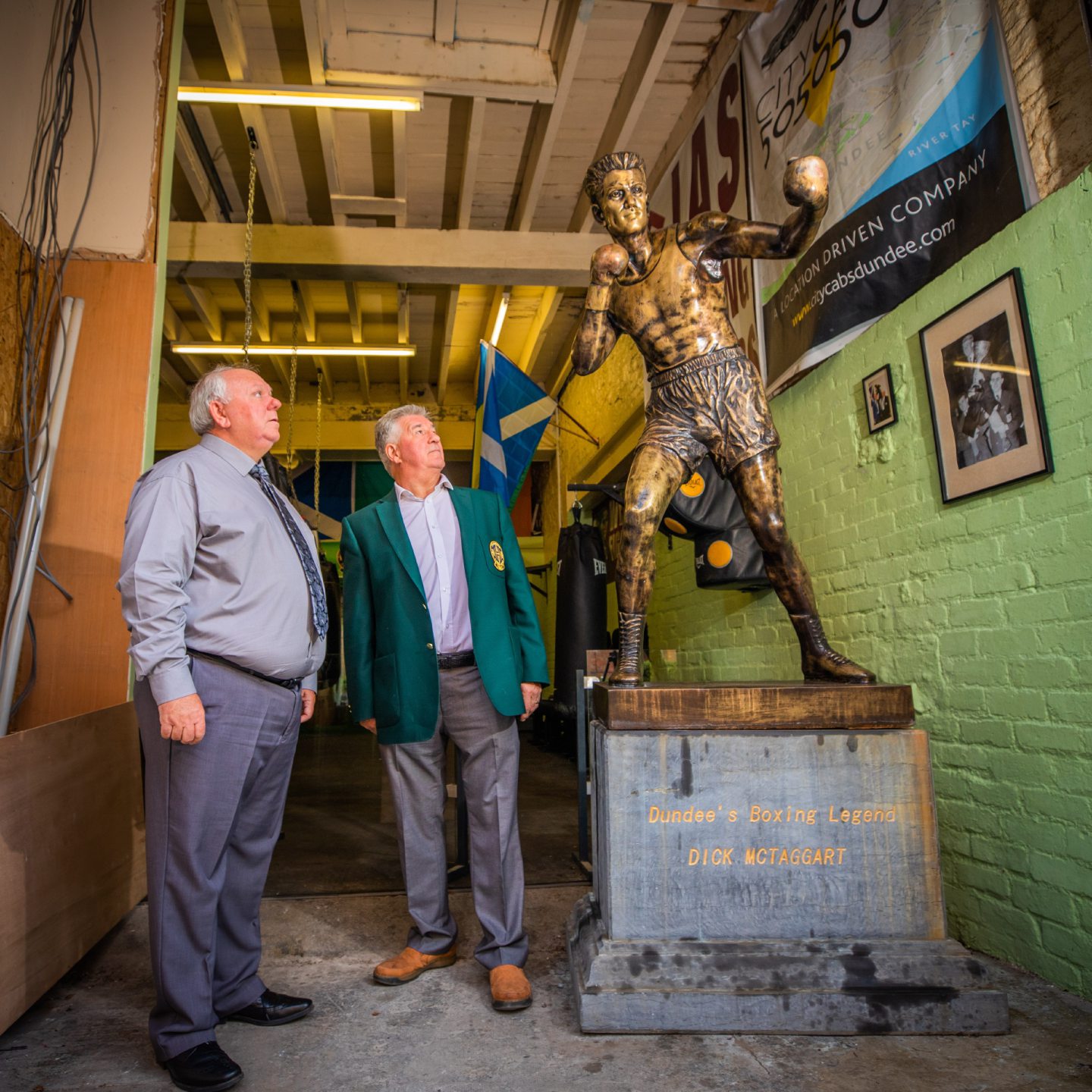
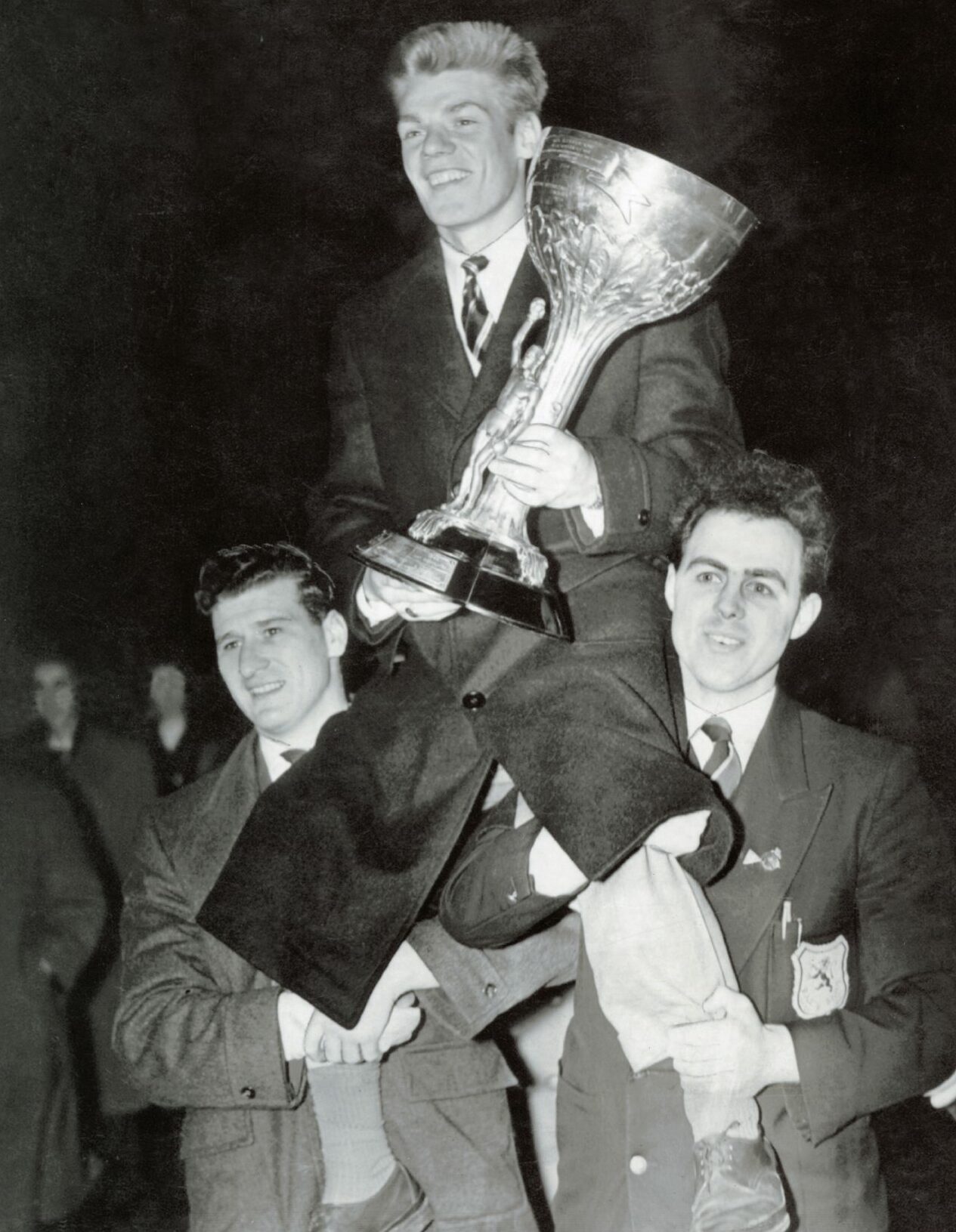
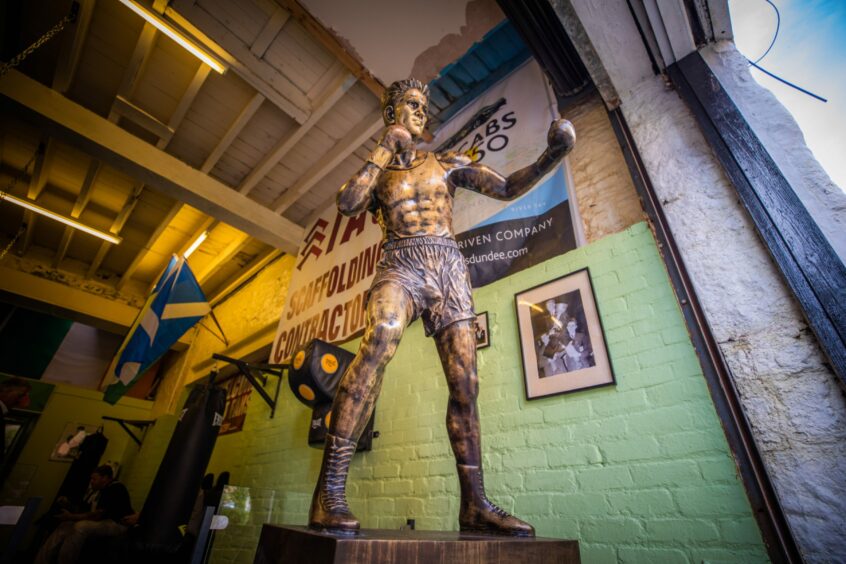
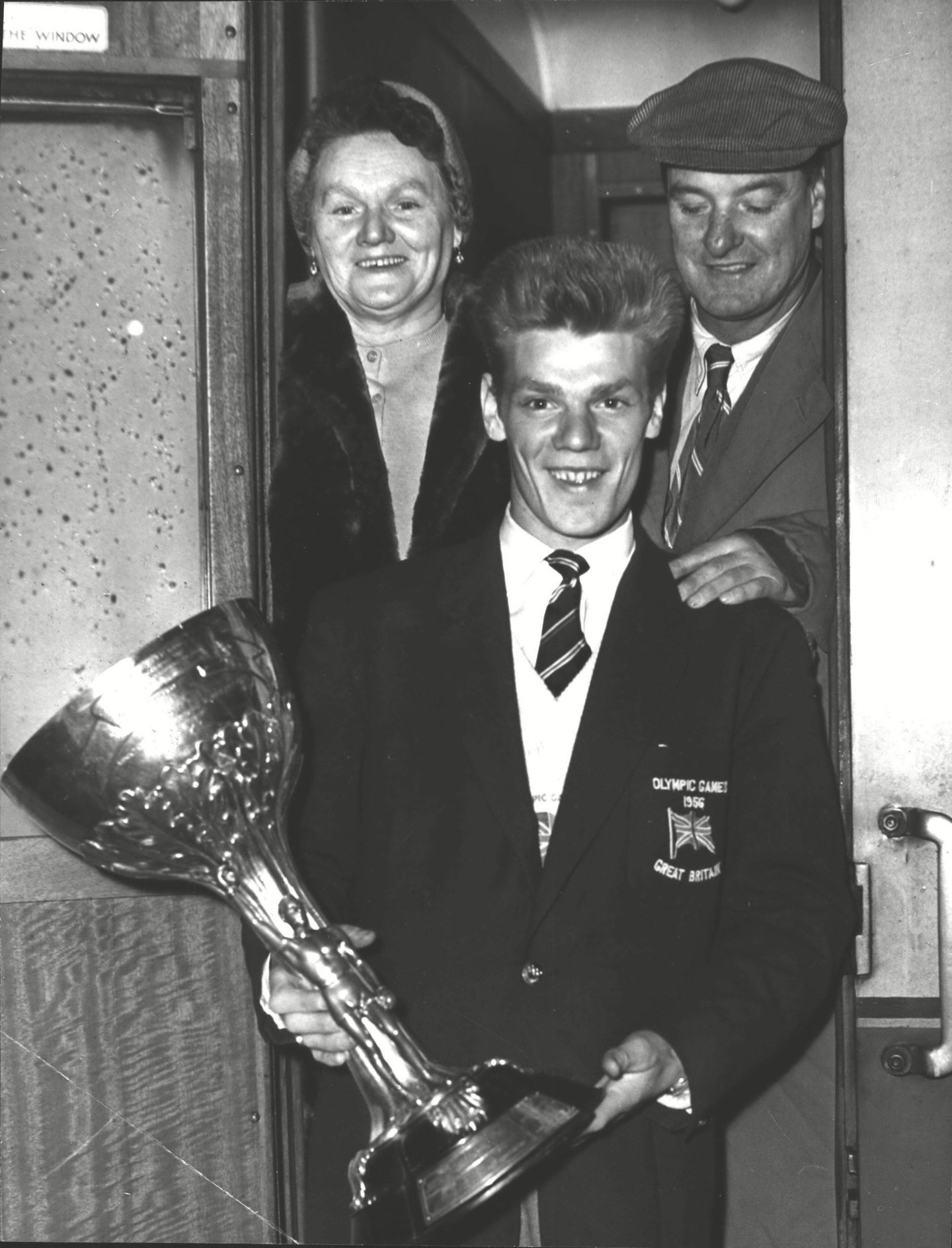
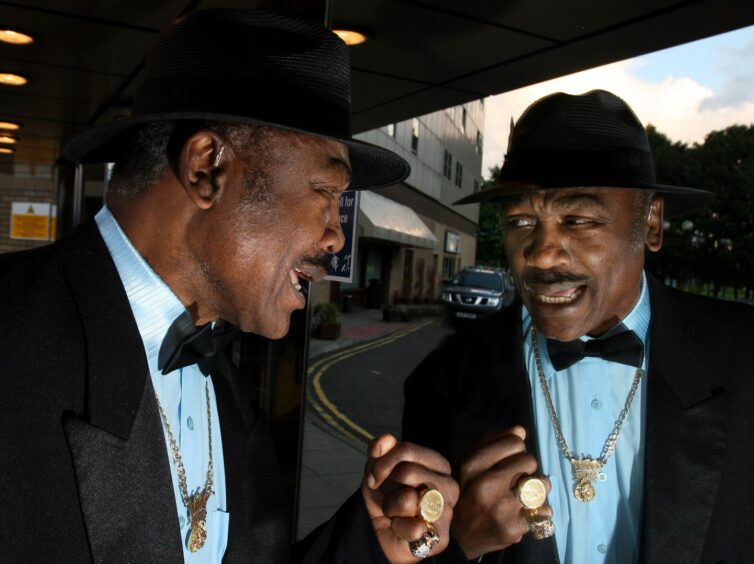


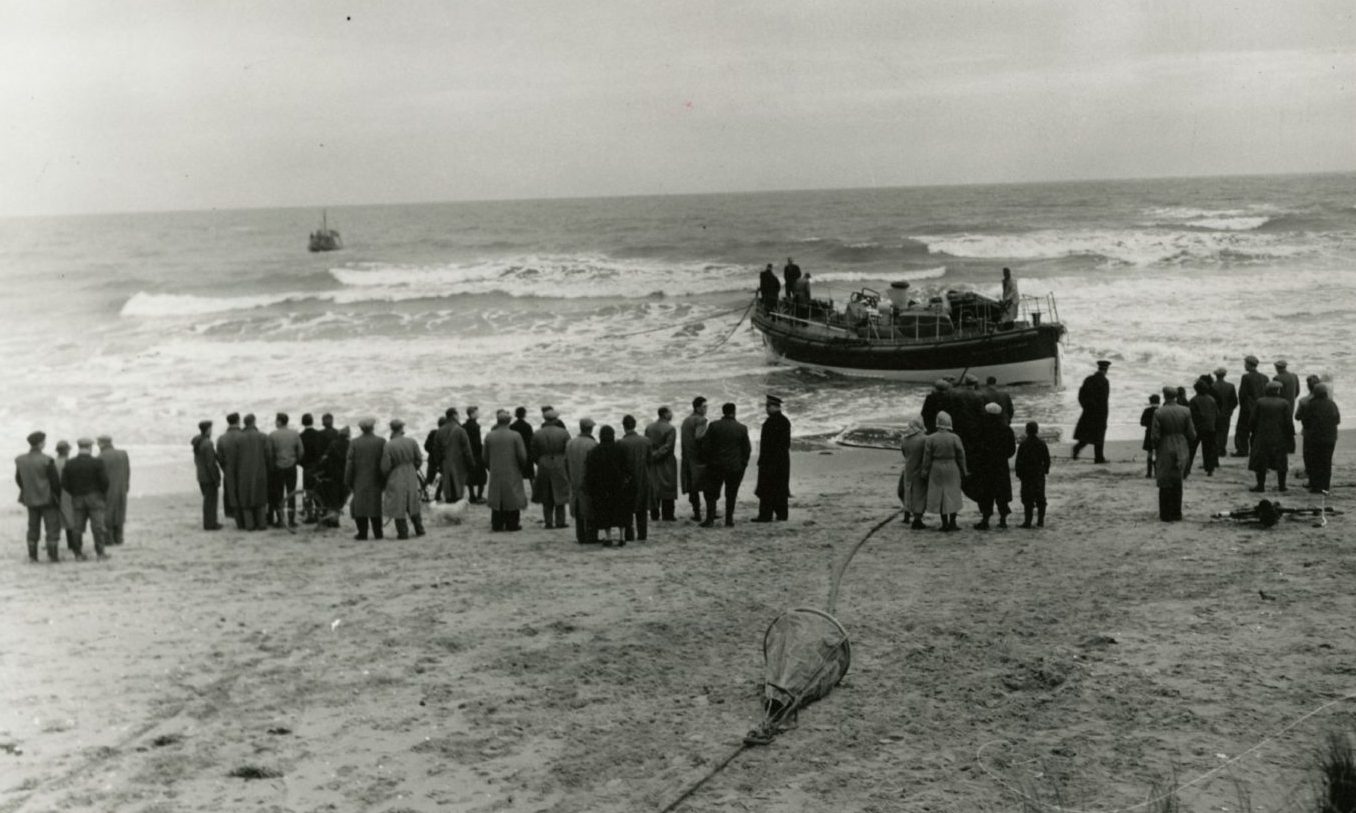


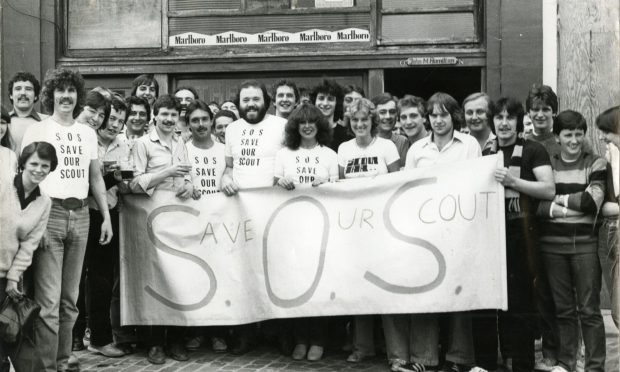
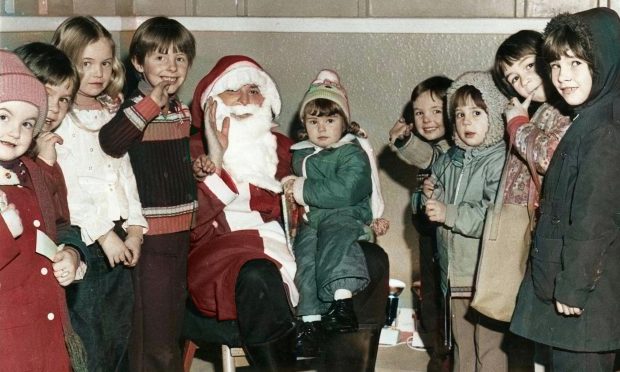


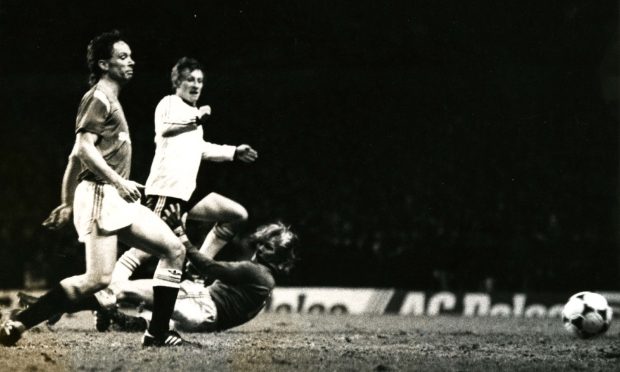
Conversation